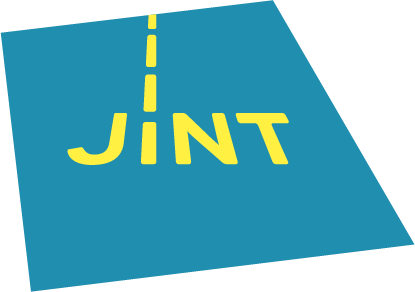The information about this Country was updated on 07/November/2023.
Outgoing students
Erasmus+ Inclusion Support
This support measures are put in place with the support of the Erasmus+ programme. For additional information, check the National Policies section.
Definition of students with fewer opportunities
According to the Codex for Higher Education “Students with disabilities include those who have long-term physical, mental or sensory impairments which in interaction with various barriers may hinder their full and effective participation in society on an equal basis with others”.
This definition incorporates a wide range of conditions including amongst other physical and sensory disabilities, a chronic illness, a learning disorder (dyslexia or dyscalculia), autism spectrum disorder, attention disorder such as ADHD, tic disorder, dysphasia, a psychiatric disability.
Target groups
Grants
| Countries Group 1 | Countries Group 2 | Countries Group 3 | Other countries |
|---|---|---|---|
| 419 € | 369 € | 319 € | 700 € |
| In addition, outgoing students with fewer opportunities can request 250 € as topup on their Erasmus+ grant. | |||
Special Needs support: Who is eligible to request real cost support
Other Inclusion support provided
National Inclusion Support
This support measures for outgoing students are put in place with national resources.
Incoming students
National Inclusion Support
This support measures for incoming students are put in place with national resources.
National Policies
Erasmus+ National Inclusion Strategy
National definition of underrepresented groups in Higher Education
Strategies and policy measures to widen participation in Higher Education
Strategies and policy measures related to Mobility in Higher Education
The Flemish Government has adopted the Action Plan "Brains on the Move" in 2013. The Action Plan is composed of a broad range of initiatives and scholarships. The focus lies on the mobility of students. The action plan does not only contain strategies to promote mobility among the Flemish students, but it also creates possibilities to attract foreign students to Flanders.
Inclusion is given a central place in the Action Plan. A benchmark was set concerning the mobility of underrepresented groups in higher education. The aim is that 33% of graduates should have a mobility experience and that 33% of the mobile students should belong to underrepresented groups by 2020. At this moment these groups are defined as students with disabilities, students from an economically disadvantaged background and working students.
Concrete actions have been taken to promote mobility among these groups:
- with regard to mobility grants that it awards, the Flemish Government applies the rule of allocating a minimum of 25% of all grants to students from underrepresented groups.
- conferences and communication campaigns are used to stimulate students with disabilities to go abroad. For example, the 2015 Handbook of the Flemish Community of Belgium on study and internships abroad includes one chapter dedicated to students with disabilities. SIHO developed mobility portraits of students with disabilities who went on an international exchange program. Students testify about their experiences.
- grants and financial incentives are provided for students with disabilities in order to achieve this target (see further).

